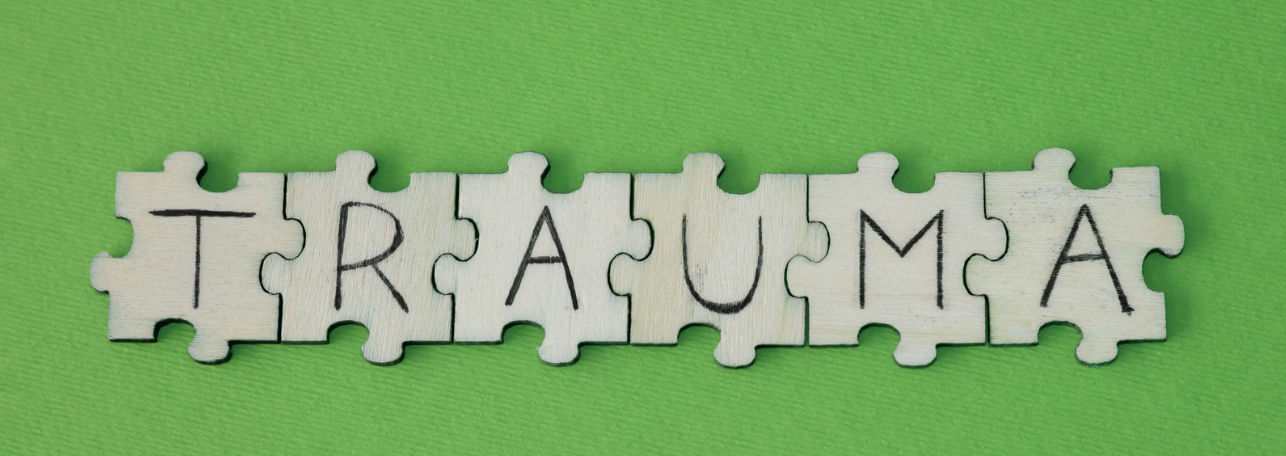In the realm of mental health, eating disorders and post-traumatic stress disorder (PTSD) stand as complex conditions, each with its own set of challenges. However, what often goes unnoticed is the intricate connection between the two. My aim is to shed light on the overlapping experiences, shared underlying roots, and the profound impact that eating disorders and PTSD can have on individuals’ lives, including my own. By exploring this intersection, we can foster greater understanding, compassion, and effective approaches to support those navigating these dual battles.
Trauma as a Catalyst
Many individuals with eating disorders have experienced emotional, physical, or sexual trauma, which can be a catalyst for the development or exacerbation of disordered eating patterns. The profound impact of trauma on self-perception, body image, and control, can highlight the ways in which these experiences intertwine with PTSD symptoms.
From my experience, my eating disorder resulted from the emotional trauma I experienced as a child through adolescence. I restricted myself when I felt like I didn’t have control and binged to accommodate the restriction and comfort myself. These behaviors served as my constant coping companions over the last 20 years.
Triggering the Mind and Body
Post-traumatic stress disorder often manifests through triggers that reignite traumatic memories, leading to heightened anxiety, hypervigilance, and emotional distress. Specific triggers, such as sensory cues or interpersonal interactions, can perpetuate eating disorder behaviors and exacerbate the cycle of trauma and distress.
While I may not be around my abuser anymore, I realized that certain phrases, tone of voice, or body language from close friends to complete strangers, can send my nervous system into survival mode. Survival mode, for me, is when my brain can discern that I am safe, but there is a disconnect at times, and my body relives the trauma when triggered and puts me at risk for relapse into disordered thoughts and behaviors.
The Complex Road to Recovery
Recovering from both eating disorders and PTSD requires a multifaceted and personalized approach. For me, recovery became very complex. It took an experienced therapist to work with me to tease out the root cause behind my behavior while confronting that trauma. This approach, I soon came to learn, was somatic experiencing therapy (SE).
Through this approach, it can be distressing to allow yourself to relive your trauma, triggering your flight, fight, or freeze response. While it can be overwhelming and exhausting emotional work, it has done wonders for my recovery. Needless to say, this approach worked for me but it is important to recognize that recovery requires personalization.
Embracing the Journey: Restoring Hope and Empowering Resilience
The intertwining relationship between eating disorders and PTSD unveils a profound connection that demands attention and specialized care. By recognizing this intersection and working towards integrated treatment approaches, we can offer individuals battling these challenges a path to healing, recovery, and a renewed sense of well-being.
Amber is an advocate, empath, and survivor of an eating disorder. She is passionate about sharing her story with the hope that it will help others. She currently works in the healthcare information technology space as a Marketing Manager where her focus is to help healthcare providers understand the importance of healthcare technology to provide people of all stages of life better access to care. Amber has a background in nonprofit management but switched to the healthcare industry because after her own experience with an eating disorder, she realized that there was a lack of resources in her community. She wanted to use her experience to help others who were struggling with eating disorders and to help those in the healthcare industry understand just how complex an eating disorder can be. She is an inspiration to many and her story gives hope to those who are still fighting. She is a reminder that recovery is possible and that there is light at the end of the tunnel.






